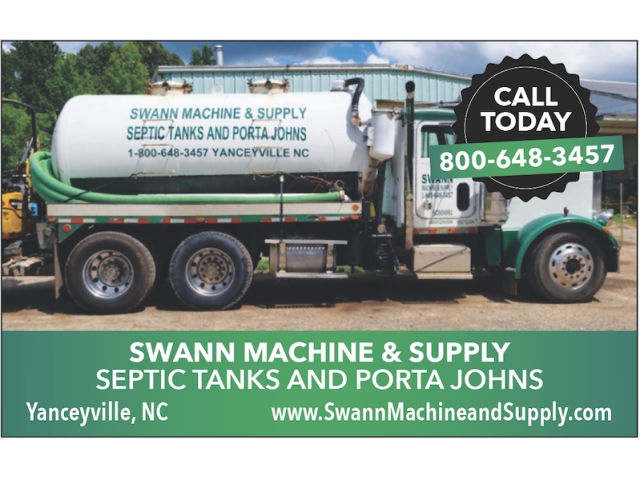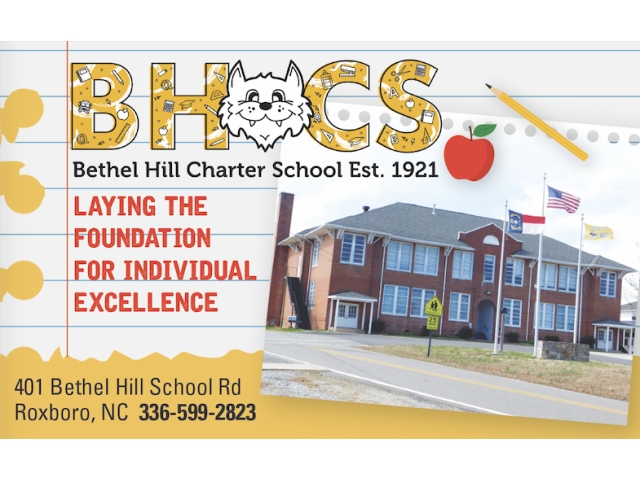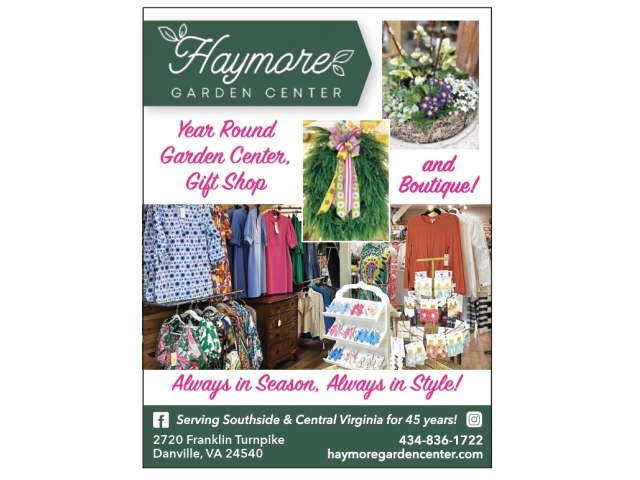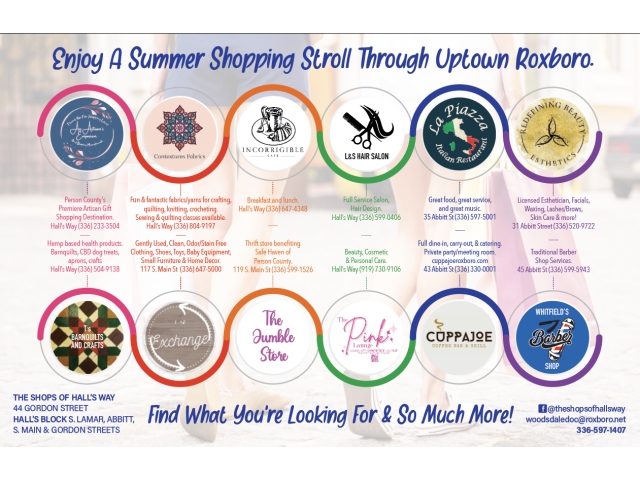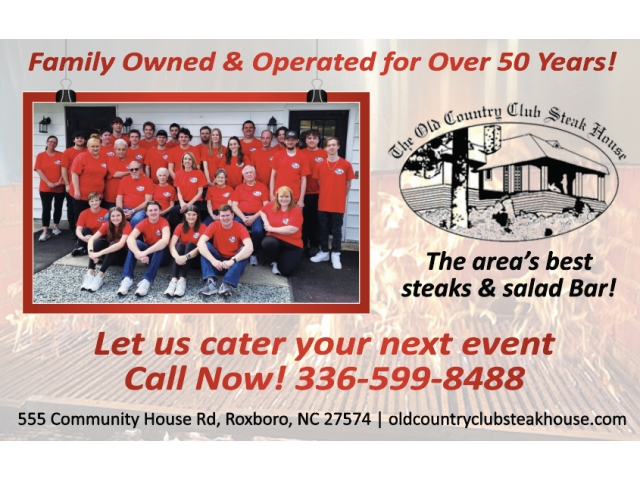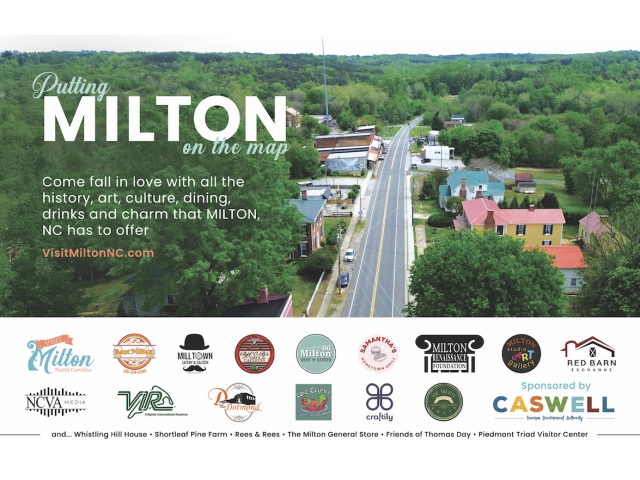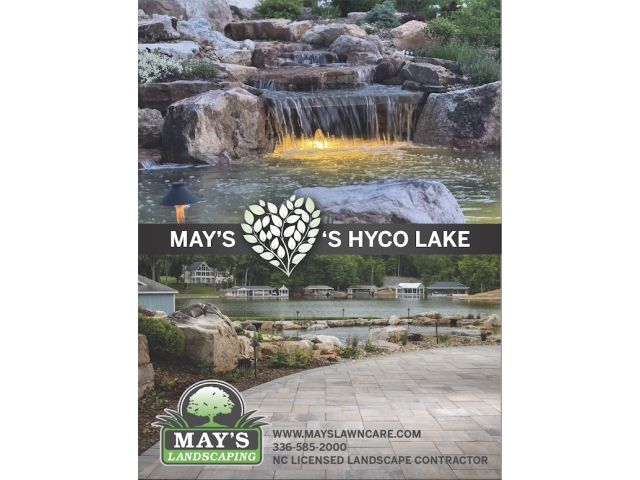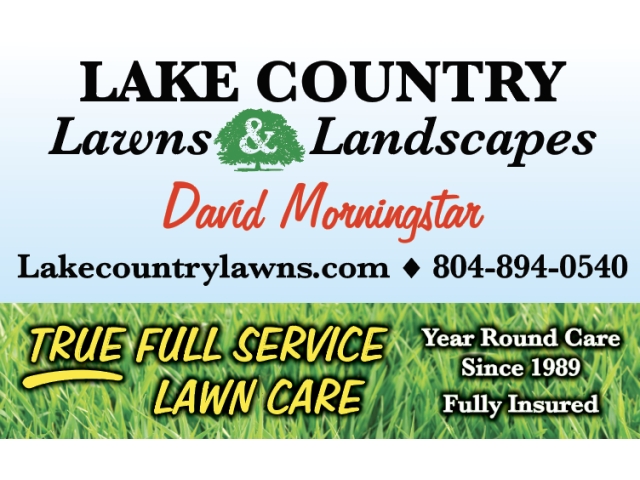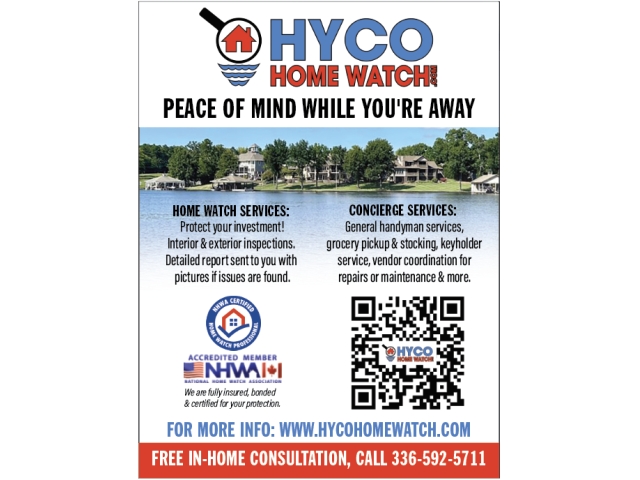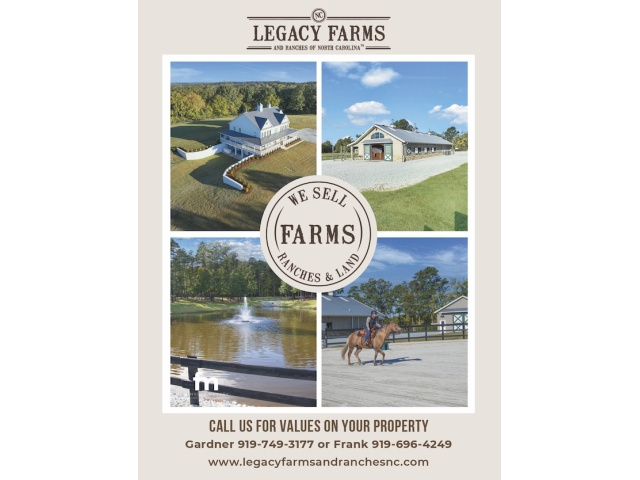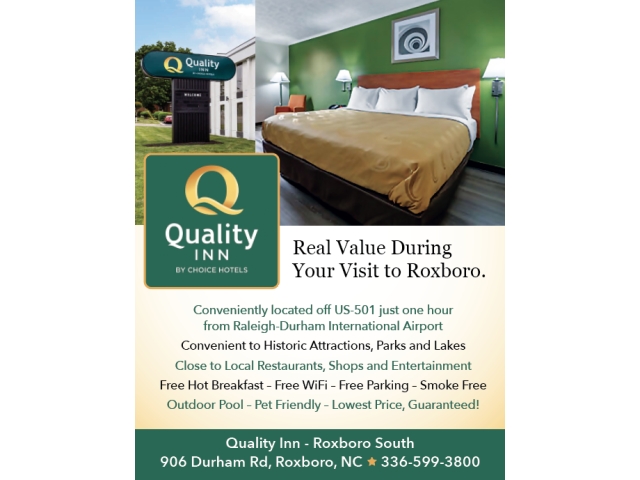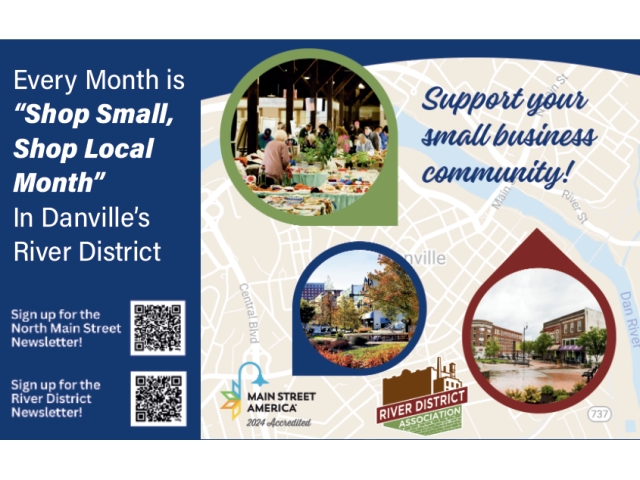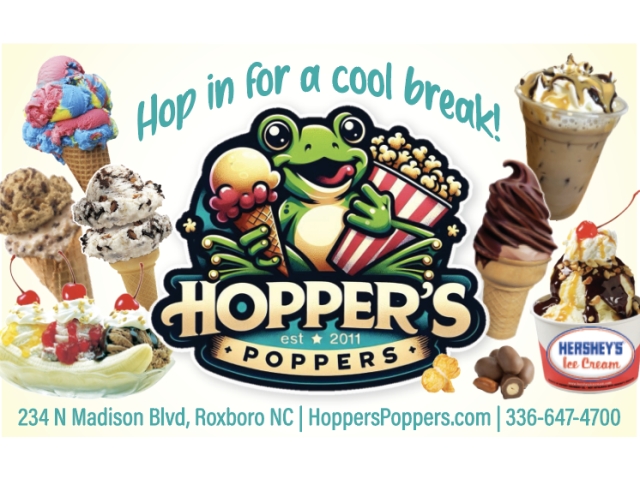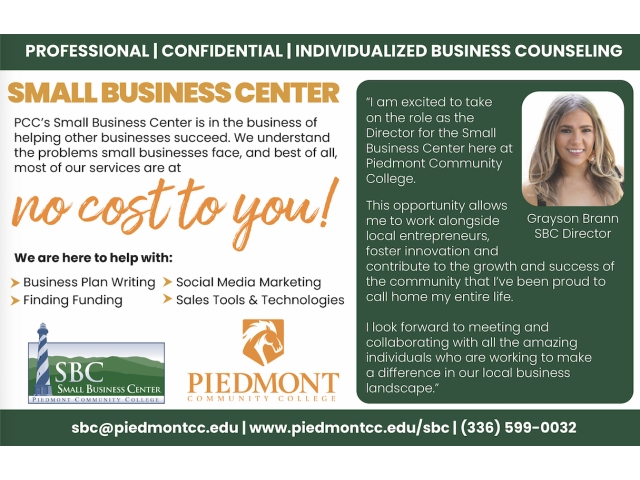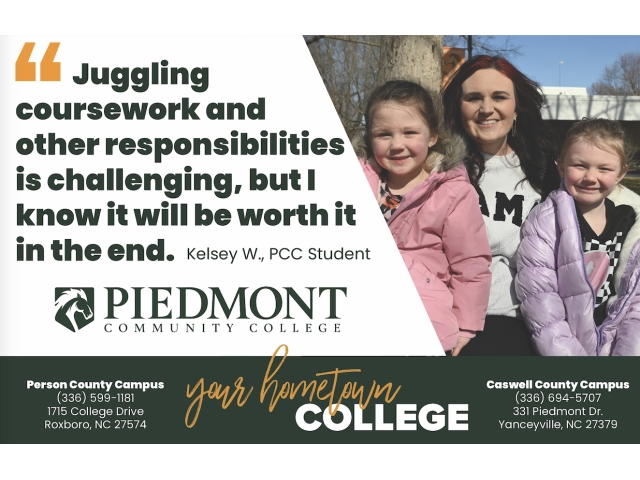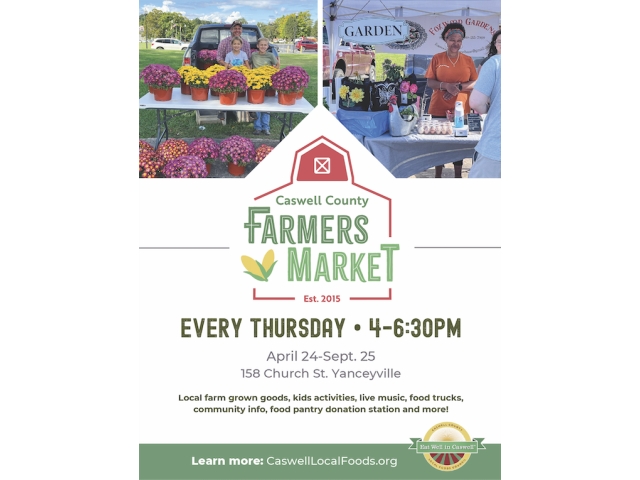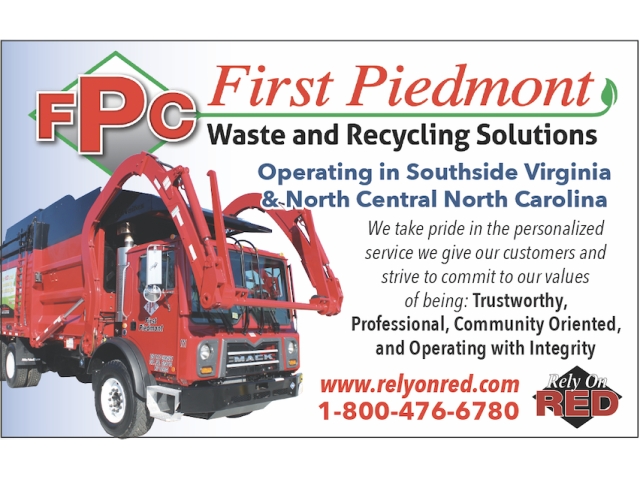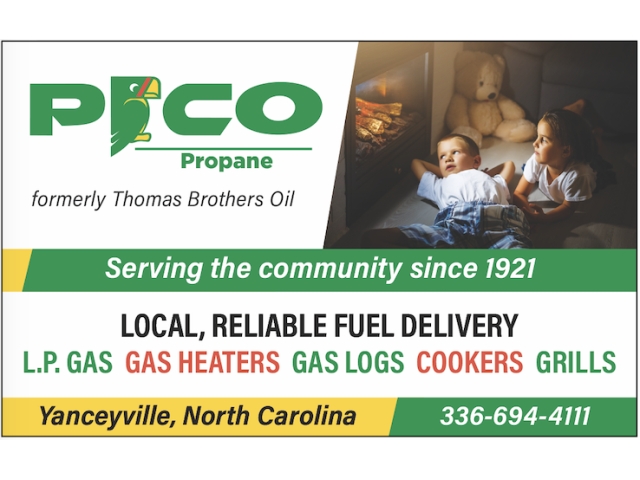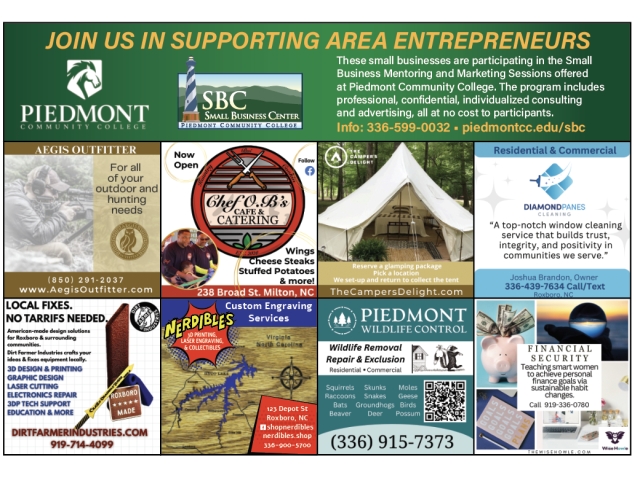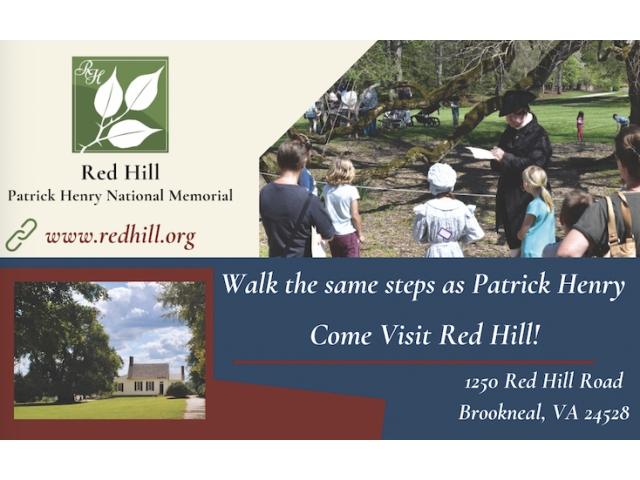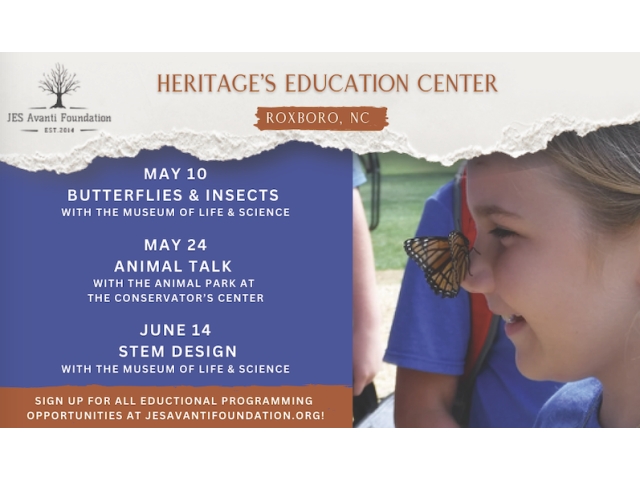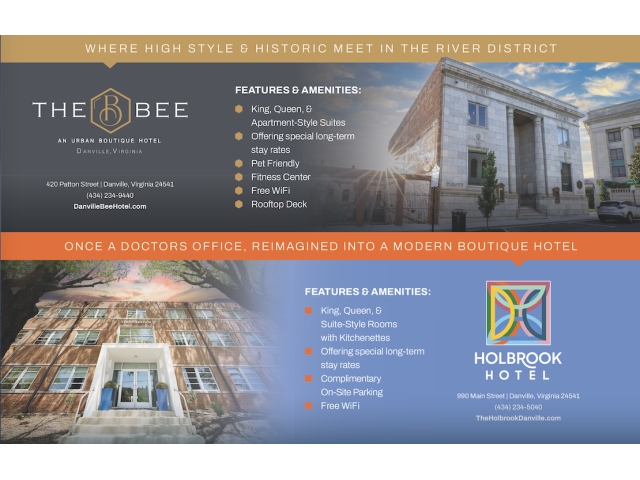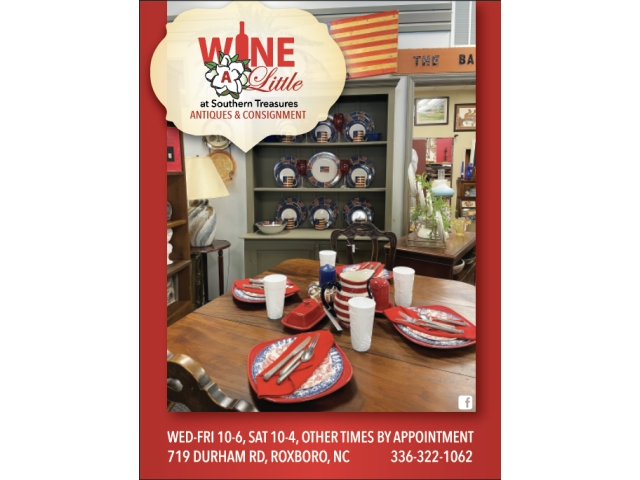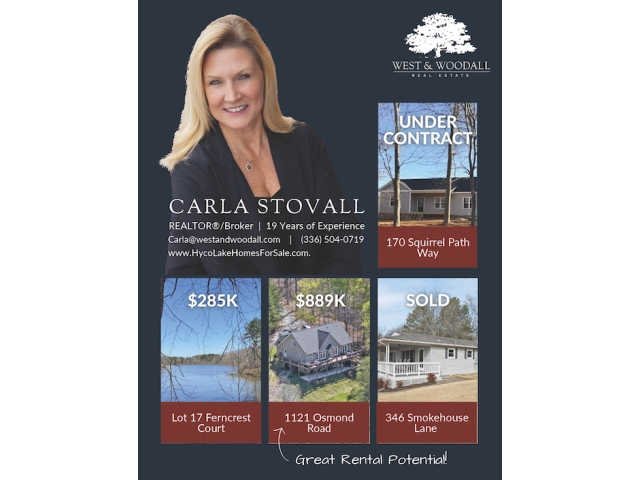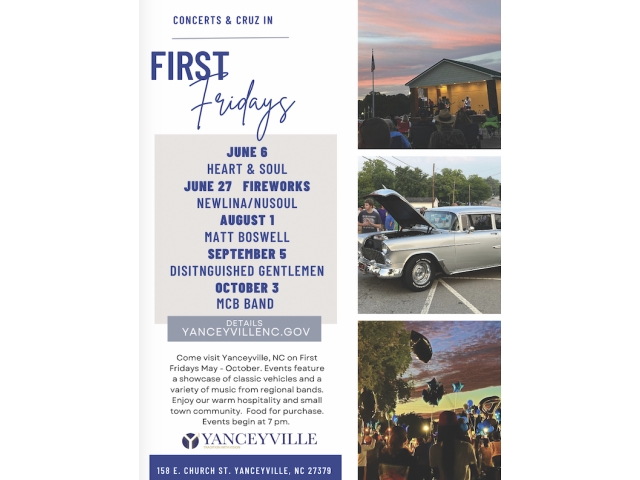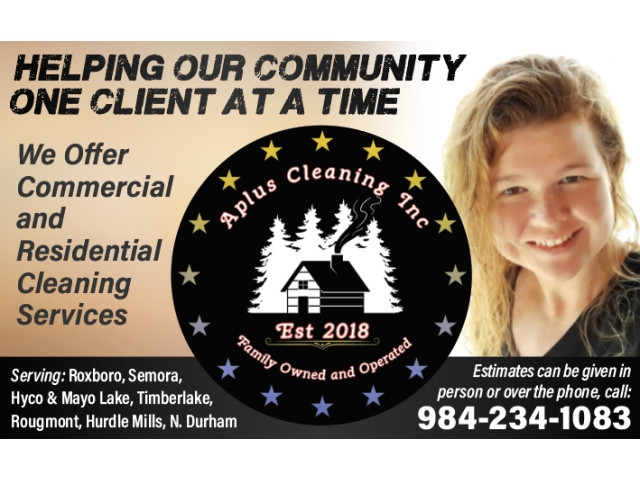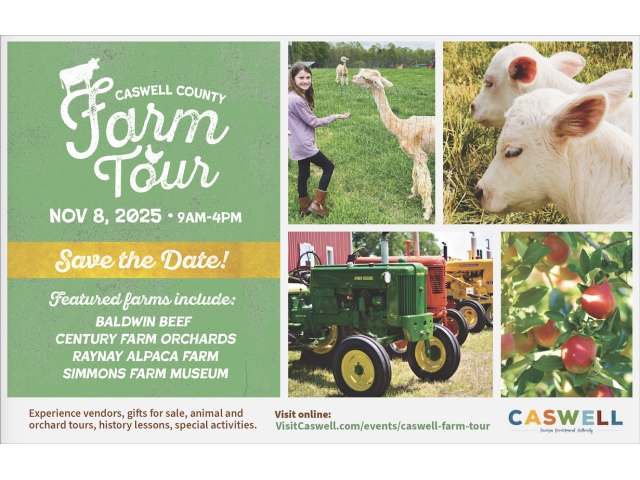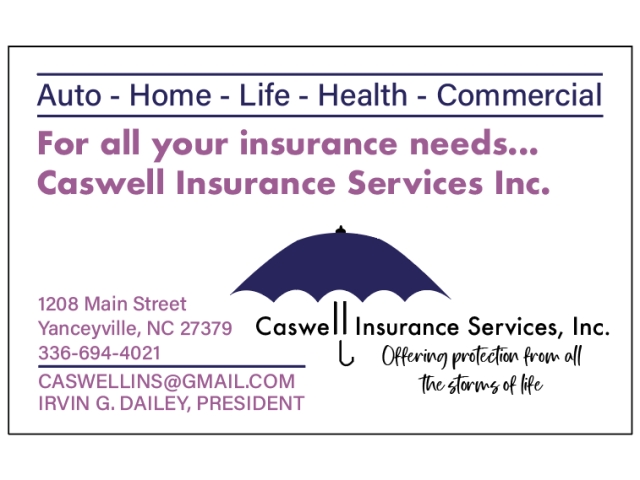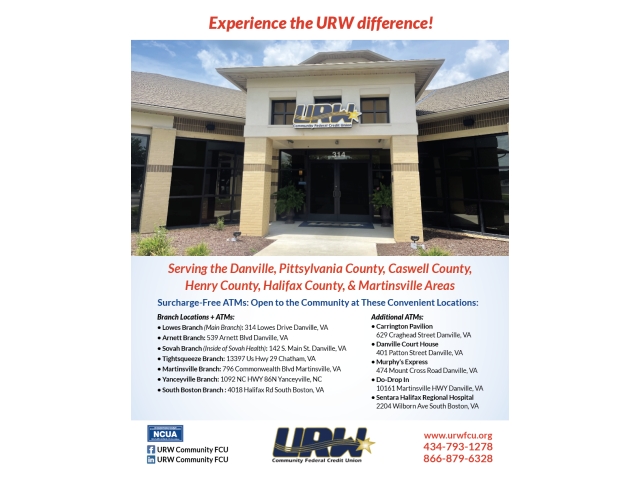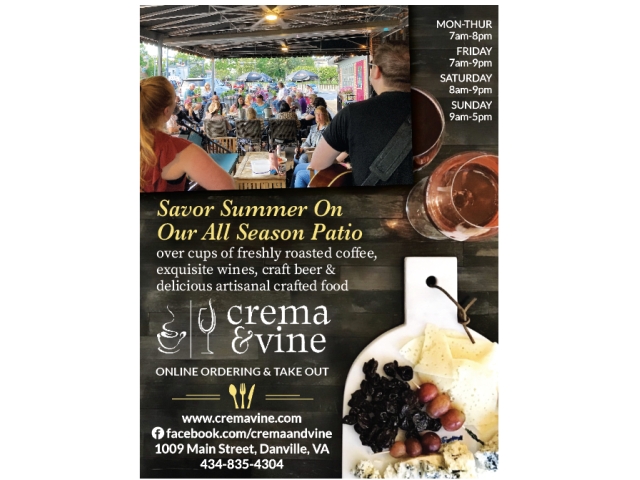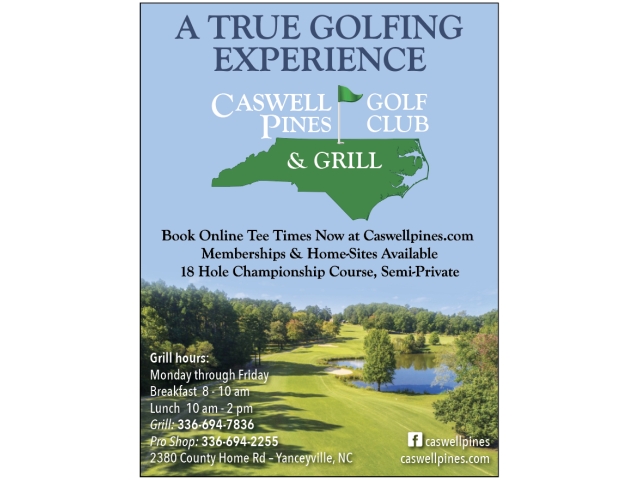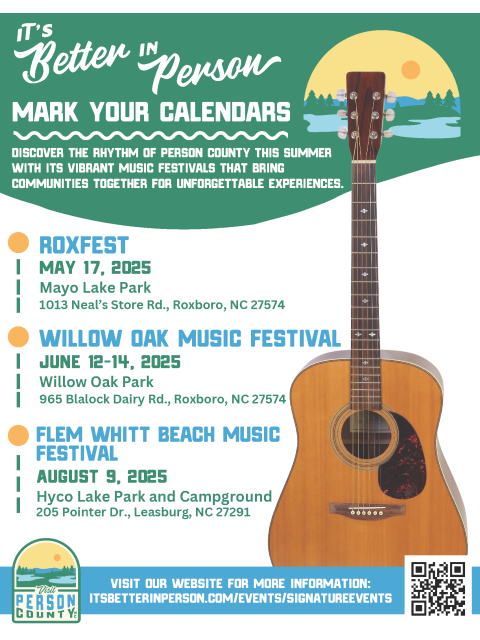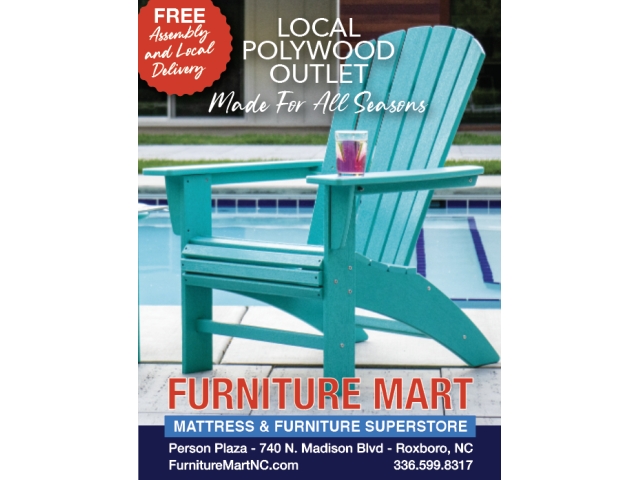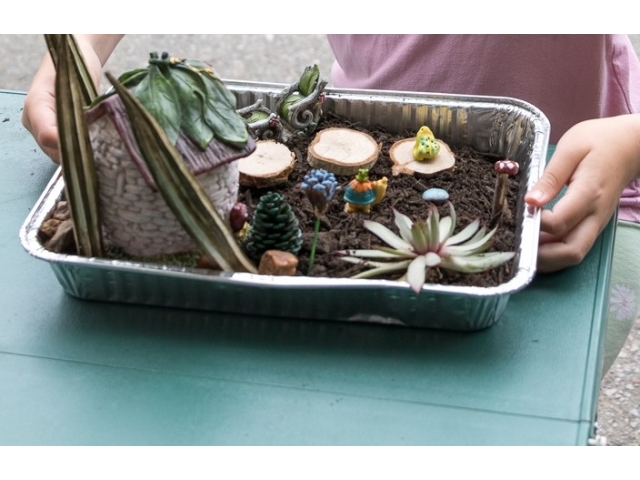
Everyone loves the fairy gardens and learning to construct them. Courtesy of Southside Master Gardeners
The first Master Gardener class held in Halifax County was in 1989 with only a few students. The most recent Master Gardener class began on the second Tuesday in January of 2025, with more than three times the number of that first class. Classes are usually held once a year and meet every week until the required instruction has been completed. Each state’s Cooperative Extension Agency provides the instruction and supervises the program.
The Master Gardener program had its beginning in 1972 in the state of Washington as a way to meet the needs of concerned urban gardeners. The first Master Gardener program came to Virginia, in Arlington, in 1982.
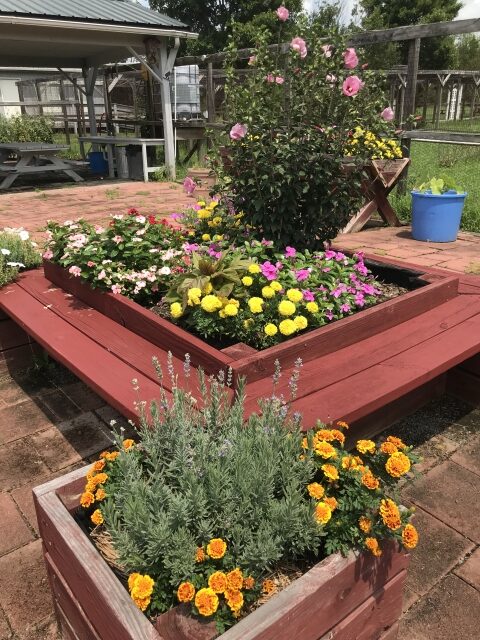
The Southside Master Gardener program is one of the oldest and most active. The program flourished under the leadership of people like Elizabeth Overton, a member of the first class in 1989 who served the next 40-plus years as a Master Gardener volunteer. Bill McCaleb was a member of the class of 1997 and became the Extension master gardener coordinator in 1998. He later served on several committees and held officer positions on the state level. I never had the opportunity to meet with Mr. McCaleb before his passing, but I feel as if I know him from articles I have read and things people have told me. Boss, leader, honored – all of these would apply – but in my mind I see him shaking his head and saying, “I am just a guy who loves playing in the dirt and will share that love with anyone who will listen.” He and Mrs. Overton were the guiding lights of this group and they left behind many dedicated and committed followers: a diverse blend of retired professionals from many different walks of life with a passion and energy to share their love of getting their hands dirty.
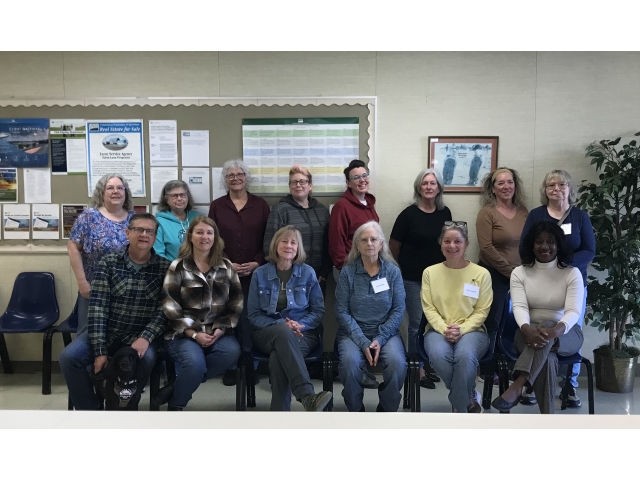
Educational Programs and Workshops
The educational programs offered by the Southern Master Gardener Association (SMGA) vary as much as the backgrounds of the members. There are traditional programs offered through agencies like the 4-H, and a Youth Conservation Camp is held in April. The members also work with the high school agricultural classes during the school year. One high school class on landscaping meets at the Southern Virginia Botanical Gardens. (For details on the SMGA and the gardens, refer to the 2021 Volume 1 edition of Hyco Lake Magazine.)
Various programs are presented throughout the year at the Halifax Farmers Market and South Boston Farmers Market as well as at Edmunds Park, the YMCA, and the county fair. Past programs have included making fairy gardens, tool sharpening, making hypertufa containers, and what to plant in them. Programs are also presented at the South Boston Museum on almost any gardening topic. One program of particular interest to newcomers in the area is the types of soil found here and what grows best in them. Herbs, succulents, perennials, straw bale gardening, and of course, vegetable gardening have also been popular topics. Other programs have had such attention-catching names as “Good Bug, Bad Bug,” “Right Plant, Right Place,” “Companion Planting,” “Beany Baby,” and “Mater Sammich Day.”
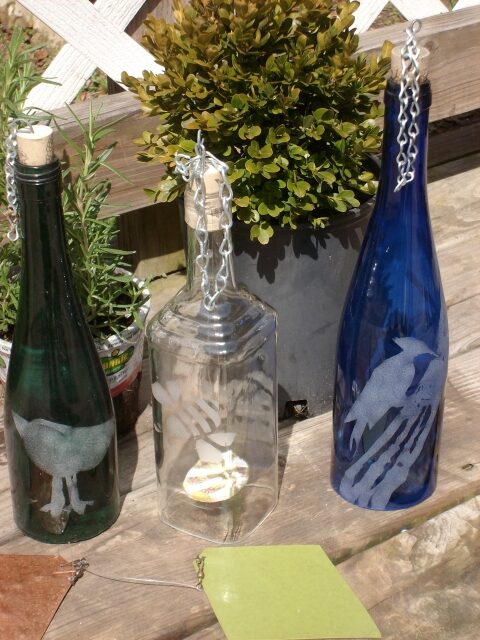
Community Projects, Outreach, Annual Events, and Celebrations
From what I experienced in my initial contact with this group, every event and meeting is a celebration. They meet regularly on the first Tuesday of the month at the First Baptist Church in South Boston for fellowship and planning. Currently, there are 30-plus very active members, with others joining from time to time. Their big annual event is the plant sale they hold every year on the first Saturday of May, which also happens to be Naked Gardening Day. They shared this with me with much laughter and watched me try not to blush as the only male in the room at the time. But they were quick to say it is always a G-rated event. This is their one big fund-raiser and proceeds go back into the community. Plants are not the only thing offered at this annual event, as much time is spent with crafts such as birdhouses and other garden related items they work on preparing for the sale from one year to the next.
The members manage a help desk where people may call in with individual gardening concerns and questions. They also offer limited gardening services, such as light pruning, to disabled community members. They are involved with the Healthy Community Garden in Halifax as well as the Lake Country Community Garden in Clarksville. Other projects they have been involved with are the Virginia State Parks Projects and the Fairground Entrance Project.
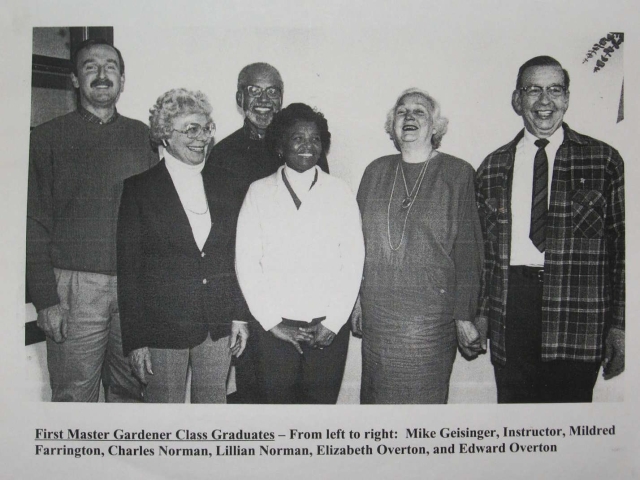
A Legacy of Community Service and Dirty Hands
I had asked the group to send me a bit about themselves. This one reply seems to me to speak for all…
“I have been a Master Gardener for 21 years. I have taught the vegetable section to new enrollees in our program, ‘Gardening on a Dime’ and ‘Winter Sowing’ to the public at the SOBO museum, ‘Good Bug/Bad Bug’ at 4-H camp and for the interns at Healthy Harvest Garden, and ‘Make and Take Soda Bottle Terrarium’ and ‘Pruning Crape Myrtles Correctly’ at our annual plant sale. My favorite part of gardening is being outside where I can feel the sun on my face and the soil on my fingers and toes. My garden is my happy place, my peaceful state of mind. I am 73-years-old and have some physical limitations, but I will continue to garden until I croak! Old gardeners never die, they just become compost.”
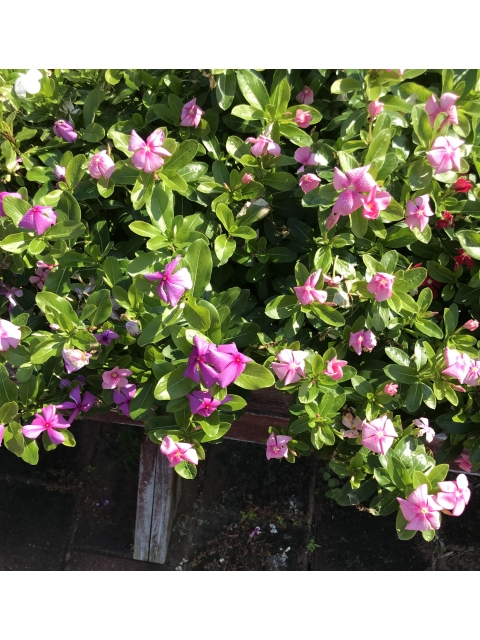
Not for the Faint of Heart
If you like getting your hands dirty, the Master Gardener program may be of interest to you. Visit the Southside Botanical Gardens in South Boston and see the handiwork of Master Gardeners in action or sneak in to one of their monthly meetings. But a warning: this seems to be addictive in the best way. You may find yourself to be another Elizabeth Overton or Bill McCaleb, who together dedicated over 70 years helping and enriching their lives and communities through gardening.
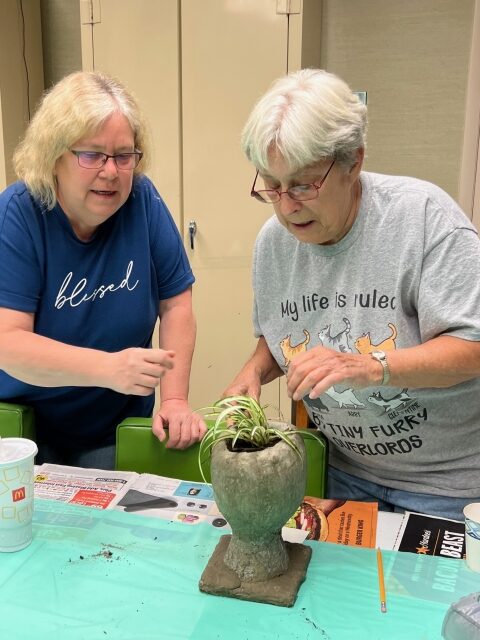
To become a Master Gardener, you must first complete a course offered by your county’s Cooperative Extension Agency. The course involves 40 hours of training and passing an exam. You must complete 50 hours of volunteer work in gardens or community projects and 25 hours each year thereafter. Virginia Tech offers summer programs for Master Gardeners to continue learning. I don’t have to ask any of the Southside Master Gardeners I met if it is worth it. Their years of service and enthusiasm tell me all I need to know.
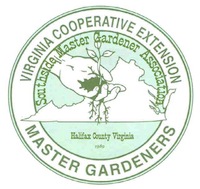
Southside Master Gardener Association
Virginia Cooperative Extension
PO Box 757
171 South Main Street
Halifax, Va. 24558-0757
(434)476-2147
ask@ssmga.org
www.SSMGA.org
For more information on the Master Gardener Program, check with your local Cooperative Extension Agency in Pittsylvania and Halifax County in Virginia, or with Person and Caswell County in North Carolina.
